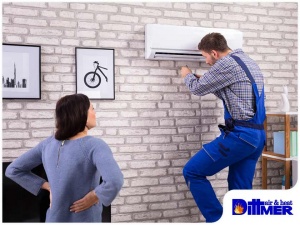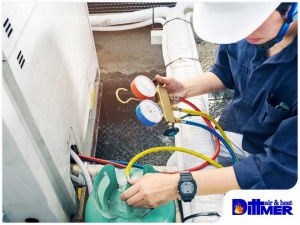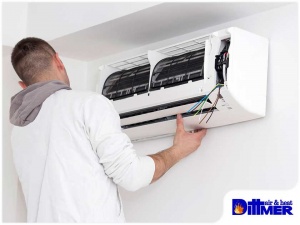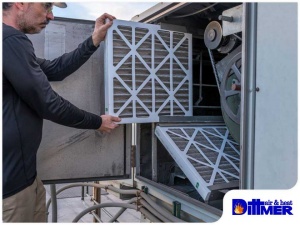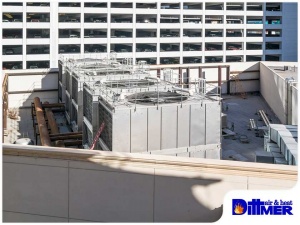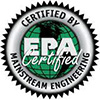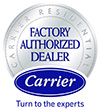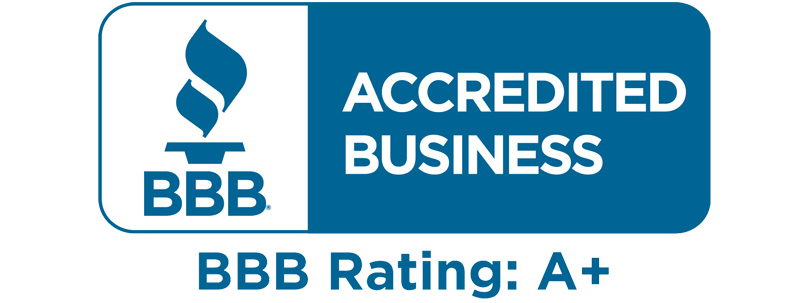When your existing HVAC system starts having performance issues, you can either have it repaired or replaced. But how exactly do you know which option to choose? A trusted HVAC company in the area, Dittmer Air Conditioning & Heating, has the answer – you just need to ask yourself these important questions to help you decide on the best solution.
… Continue ReadingHow to Effectively Manage Your Commercial HVAC System This Year
Facility costs for a typical commercial property can take up a big chunk of your yearly expenses. If you’re looking to lower your yearly expenses, you should consider improving your commercial HVAC system’s energy efficiency. Lowering your system’s energy expenditures means you’ll generate more savings, which can then be spent on expanding your business or even investing in other sources of income!
Why You Shouldn’t DIY HVAC Repairs
DIY projects are one way to maximize your time and save money. However, doing it yourself isn’t ideal for every project, especially home upgrades. Many people assume they’ll be able to avoid spending less on labor and materials, but have you ever thought about the quality of the work you’ll be executing?
How Often Should Your Commercial Air Filters Be Changed?
Taking care of your commercial HVAC system doesn’t always mean you need to do extensive cleaning, because oftentimes there are other components that need to be inspected and replaced. Your air filters, for example. In this post, we talk about how often your air filters must be changed to avoid costly HVAC repairs.
Commercial HVAC Sizing Tips
If you’re getting a commercial HVAC system for your business, we urge you to take its size into consideration. It’s worth noting that bigger isn’t always better, and choosing the right equipment is vital. After all, the size may determine your unit’s performance and efficiency. In this post, your indoor air quality testing technician delves into this in detail.




